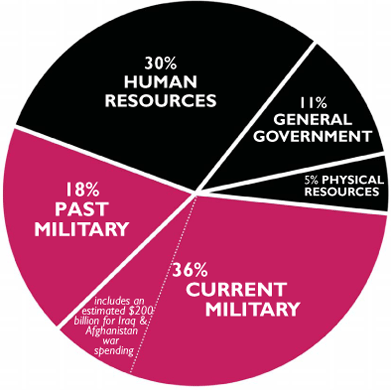I’ve followed PrudentBear.com for years, over a decade now I think, and I’ve always enjoyed their writing and analysis, especially now that Doug Noland has been proven to be so right about his decade long warnings about the problems inherent in credit bubble economics. As if you need to prove the notion that economic bubbles must pop.
But what caught my eye this week was not another perceptive Noland Credit Bubble Bulletin, but rather an article by his conservative side-kick, Martin Hutchinson, a guy I generally tend to ignore, since all too often he’s just repeating the same anti-regulation stuff that brought us to where we are today. His web site is called greatconservatives.com, which is an oxymoron if I’ve ever heard one.
But here we have a guy speaking from that desolate intellectual moonscape, and he’s making sense!! This is disturbing.
Two more years of 62.4% price rises would take oil prices to $215 per barrel. Given that $147 per barrel oil was a major contributor to the 2008 crisis, do we really think the U.S. economy capable of bearing $215 oil in 2012 without caving in on itself? I don’t think so. At least, not unless the dollar has collapsed and inflation has taken off to a level of perhaps 20-25% per annum, which is certainly a possibility.
Then there’s iron ore. The annual contract system appears to have broken down, with contracts settled at 100% above last year’s prices and the spot price running 50% higher still. Given the assumption of robust global growth and thus maintenance of this rate of increase, iron ore prices by April 2012 could thus be quadruple their current level, or $600 per metric tonne. Automobile production would have to shift entirely to plastic – except that being derived from petroleum, plastics prices would also have grown exponentially.
Then there’s copper. That’s also up more than 60% over the past year, and on the London Metal Exchange is closing in on its all-time record price, set in April 2008, around $9,000 per tonne. Existing copper mines deplete rapidly unless capital is invested in them, and with new investment having ceased for a year in 2008-09 there is now a serious supply shortage, not expected to be alleviated until major new capacity comes on stream in 2014-15. Again, if economic recovery is robust for the next two years, copper prices will continue rising at the same rate as in the last year, reaching $21,000 per tonne by 2012. Any bets on what that will do to the economy, or to inflation?
V-shaped explosion
No gibbering about Government policies, removing regulations, etc, none of which can actually resolve global geological production peaks of finite commodities. In other words, he’s making sense.
I have to admit, this, more than anything else, worries me, and I’ll tell you why. When reality has become so obvious that so-called ‘conservative’ anti-government types actually recognize it for what it is, it means reality is just about to slap us all in the face, and hard.
(more…)
